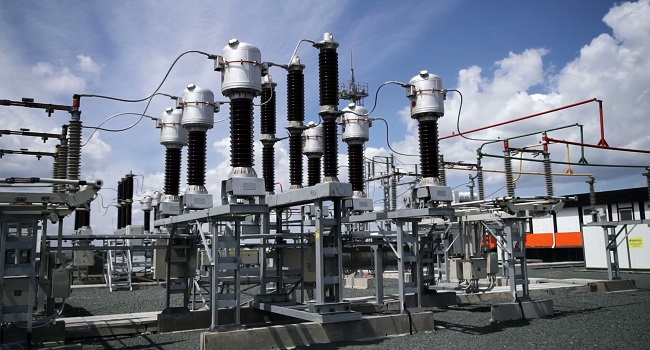Business
Nigeria govt spends N1.3tn to support private power companies in three years

In the last three years, over N1.3 trillion was borrowed by the Federal Government to finance the operations of generation companies and gas suppliers.
The loan was obtained to boost generated electricity, and according to the World Bank, if the country continues with its low tariffs, and current performance levels, the power sector will cost the Federal Government an additional N3.08 trillion within the next three years.
The Bretton Woods institution said disbursement of funds to the private power companies have been more than the capital intervention for the health sector in Nigeria.
“To ensure that Gencos and gas suppliers receive enough payments to continue generating electricity, since 2017 the FGN has borrowed a total of N1.3tn ($4.2bn).
“In 2019 total FGN support reached N524bn ($1.7bn), 0.4 per cent of GDP – higher than the N428bn budget for health and just 20 per cent less than the N650bn budgeted for education.”
READ ALSO: Niger, Togo, Benin, B’Faso to take over Nigeria’s unused electricity
The World Bank made this known in its report: ‘Resilience through Reforms’, released on Tuesday. It added that, “Every Nigerian who receives electricity from a Disco pays less for electricity than the cost of supplying it.
“However, 80 per cent of the spending on tariff shortfalls benefits the richest 40 per cent of the population; only eight per cent benefits the bottom 40 per cent, and of this, less than two per cent benefits the poorest 20 per cent.
“Significant resources spent on funding tariff shortfalls disproportionately benefit the relatively wealthy who have access to the grid and use more electricity so that ultimately, a big chunk of government support goes to those who do not really need help with paying bills.”
In order to fill the gap between cost of production and tariffs, President Muhammadu Buhari’s administration spent N1.68 trillion as cumulative tariff shortfall between 2015 to 2019.
By Ayodeji Fakoyejo
Join the conversation
Support Ripples Nigeria, hold up solutions journalism
Balanced, fearless journalism driven by data comes at huge financial costs.
As a media platform, we hold leadership accountable and will not trade the right to press freedom and free speech for a piece of cake.
If you like what we do, and are ready to uphold solutions journalism, kindly donate to the Ripples Nigeria cause.
Your support would help to ensure that citizens and institutions continue to have free access to credible and reliable information for societal development.
























